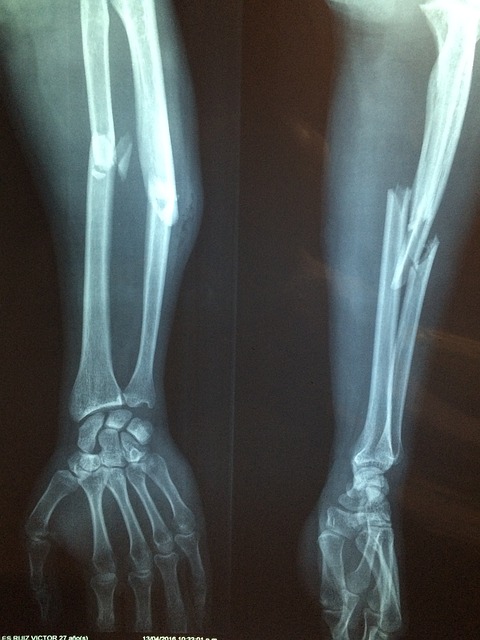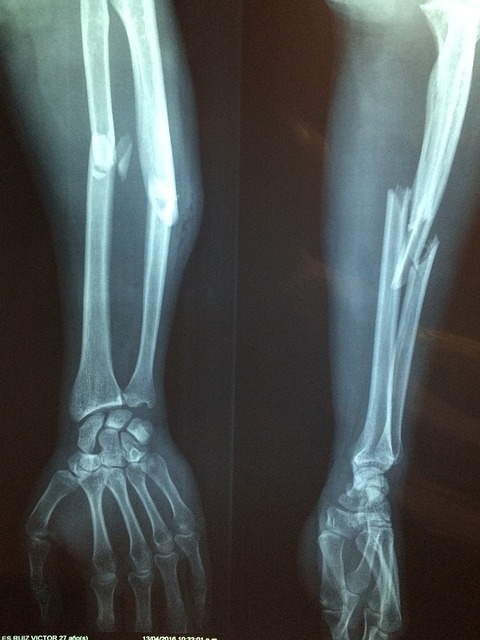First Aid for Fractures

Fracturehappens when one of our bones becomes cracked or broken into multiple pieces. It can result from a sports injury, accident, or violent trauma.
Fractures usually aren’t life threatening, but they do require immediate medical care. We should learn how to recognize the symptoms of a broken bone, provide first-aid treatment, and get professional help if needed.
Symptoms:
Fractures can cause one or more of the following signs and symptoms:
- intense pain in the injured area that gets worse when you move it
- numbness in the injured area
- bluish color, swelling, or visible deformity in the injured area
- bone protruding through the skin
- heavy bleeding at the injury site
How to provide first aid for fractures:
If it is suspected that someone has a broken bone, provide first-aid treatment and help them get professional care:
- Stop any bleeding: If they’re bleeding, elevate and apply pressure to the wound using a sterile bandage, a clean cloth, or a clean piece of clothing.
- Immobilize the injured area: If you suspect they’ve broken a bone in their neck or back, help them stay as still as possible. If you suspect they’ve broken a bone in one of their limbs, immobilize the area using a splint or sling.
- Apply cold to the area: Wrap an ice pack or bag of ice cubes in a piece of cloth and apply it to the injured area for up to 10 minutes at a time to reduce swelling and pain.
- Treat them for shock: Help them get into a comfortable position, encourage them to rest, and reassure them. Cover them with a blanket or clothing to keep them warm.
- Get professional help: Call ambulance or help them get to the emergency department for professional care.You can summon professional help if you notice following things:
— You suspect they’ve broken a bone in their head, neck, or back
–The fractured bone has pushed through their skin
–They’re bleeding heavily .
If the person is not breathing we can start giving CPR or help them get to the emergency department by car or other means so a doctor can diagnose their condition and recommend appropriate treatment.
To read more on First Aid, click on the link below.



